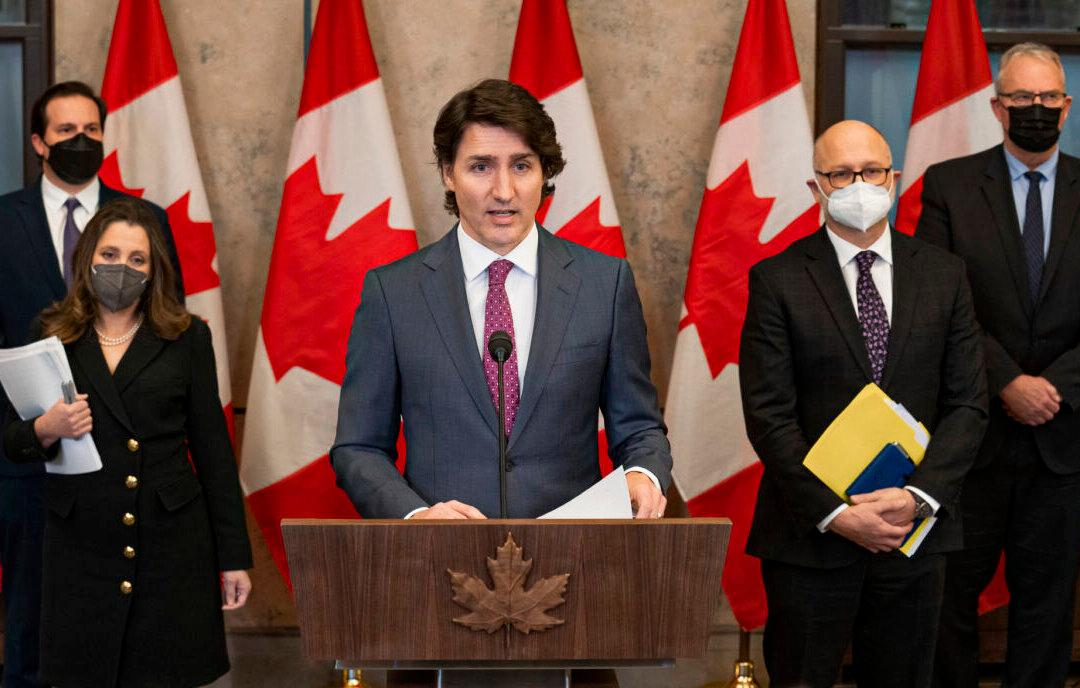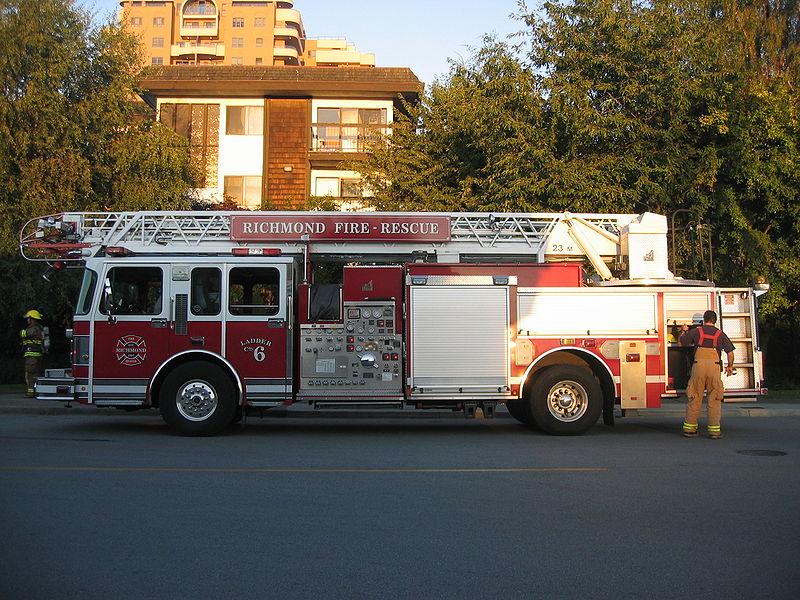The majority of Canadian news outlets have a left-leaning bias and do not include enough variety or conservative voices, according to a Canadian author and historian.
Gerry Bowler, who taught history at the University of Manitoba for 25 years, is a senior fellow at the Frontier Centre for Public Policy, a think tank that lobbies for smaller government.





